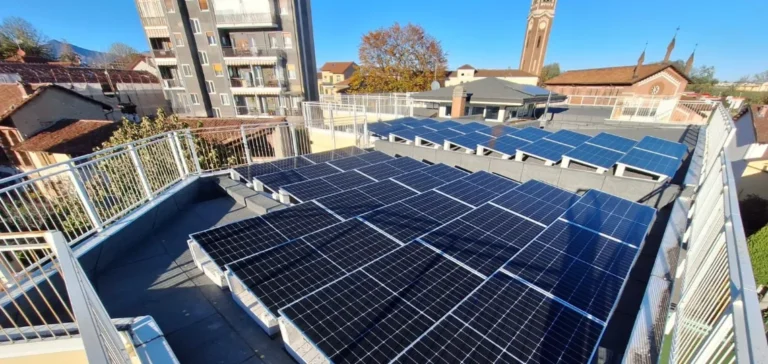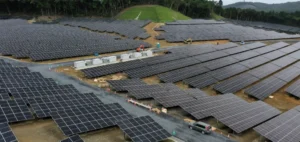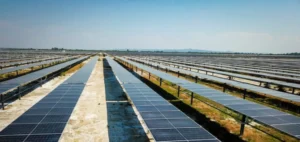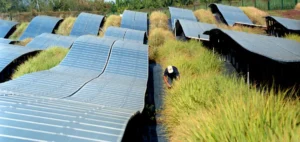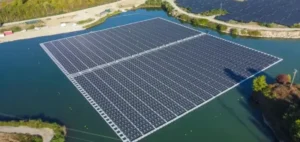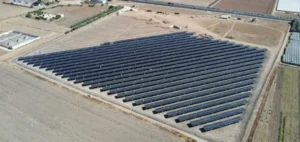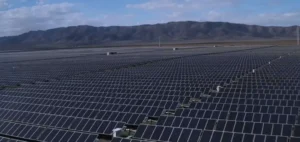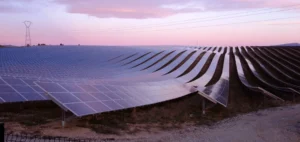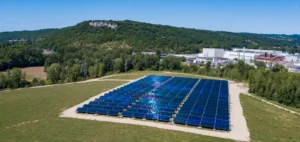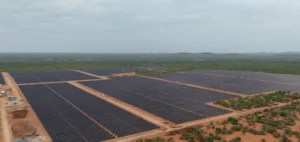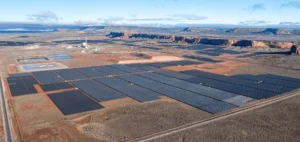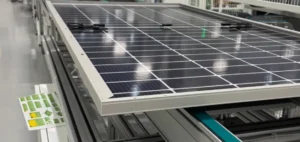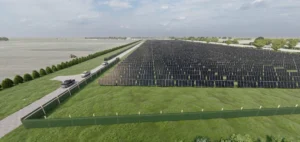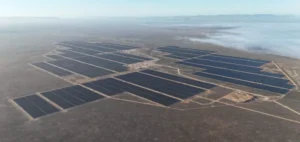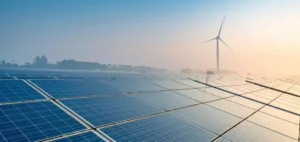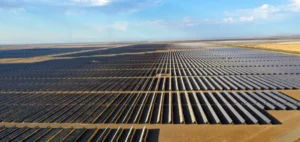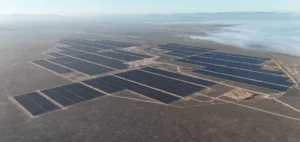Italy-based company Pronur has officially announced the launch of its operations in Saudi Arabia with the goal of accelerating the energy transition within the Kingdom. The company, founded in 2021, already collaborates with players such as Edison, Webuild Group’s NBI and GETEC, thus strengthening its presence in the international energy market. This expansion, facilitated by AstroLabs, highlights Pronur’s ambition to introduce advanced technical solutions for resource management and improved energy efficiency.
Deployment of technologies and strategic partnership
AstroLabs, a partner in the project, has positioned itself as a catalyst for energy transformation in Saudi Arabia. According to Alex Nicholls, Director of Expansion at AstroLabs, Pronur’s arrival represents a significant step in building the infrastructure required to decarbonise hard-to-abate sectors. He noted that Pronur’s commitment aligns with the Kingdom’s carbon reduction strategy, with clear objectives set for 2060.
At the same time, Saudi energy policy encourages diversification of the national energy mix and reduced dependence on hydrocarbons. The Kingdom’s energy development plan highlights the need to strengthen innovation and integrate sustainable solutions across the country.
Industrial impact and growth outlook
By entering the Saudi market, Pronur aims to stimulate the adoption of renewable solutions and accelerate the implementation of projects to optimise the energy consumption of local companies. According to Pronur’s Chief Executive Officer Hatem Shahwan, this initiative is part of Vision 2030, which anticipates a transformation of Saudi Arabia’s economic and industrial landscape.
Pronur’s presence could also contribute to the growth of new strategic partnerships and the creation of synergies with major players in the Saudi energy sector. In addition, the company plans to support the development of infrastructure to meet the growing demand for sustainable energy in the country.
Saudi Arabia’s innovation ecosystem is attracting more and more international players, as demonstrated by the recent arrival of the British infrastructure delivery platform NayaOne, also supported by AstroLabs, which aims to strengthen the local financial landscape.


